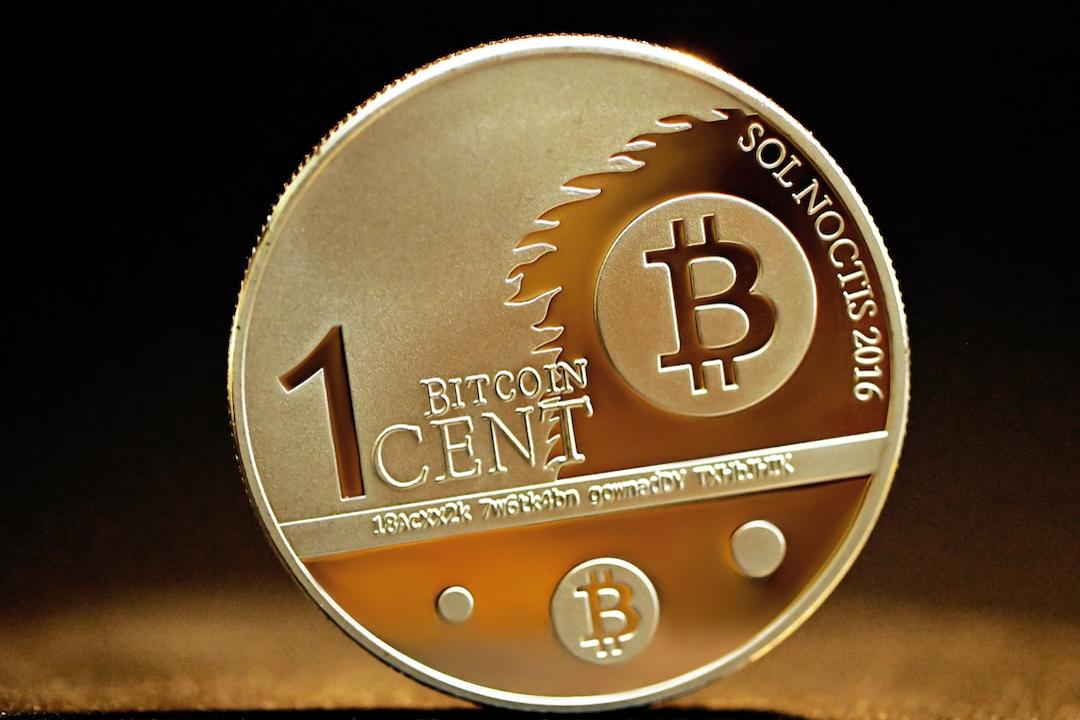What Happened?
A magazine editor revealed that he was mistakenly added to a Signal group related to U.S. military operations. This incident not only raised concerns about leaks but also piqued the curiosity of many users regarding the government’s use of the “Signal” software.
Signal is an encrypted communication software that registers accounts using users’ phone numbers and offers features such as disappearing messages and screenshot protection, ensuring that messages remain encrypted during transmission.
Despite its powerful features, sensitive information may still be leaked if devices are stolen or if users are negligent. Therefore, there remains controversy over whether the government should use this software.
What is Signal?
Recently, Jeffrey Goldberg, the editor of The Atlantic, disclosed that he was mistakenly added to a Signal group related to U.S. military operations and observed confidential discussions regarding actions in Yemen. This incident sparked discussions about government leaks while also raising questions about what Signal actually is.
According to ABC News, Signal is an encrypted communication software launched in 2014 by the non-profit organization Open Whisper Systems. It is popular in political, business, and tech circles due to its strong privacy protection features. Signal uses end-to-end encryption technology to secure user communications and promises not to collect or store sensitive data, thus becoming a trusted private communication tool.
Similar to WhatsApp and iMessage, Signal requires users to register accounts using their phone numbers and provides features such as disappearing messages and screenshot protection, ensuring that messages remain encrypted during transmission and guaranteeing that only the sender and receiver can read the content. The official website also clearly states that messages and calls made on Signal will not be known to the officials or third parties.
However, even though Signal has advanced encryption technology to ensure that data is not intercepted by third parties during transmission, it is not infallible. Stuart Madnick, a cybersecurity expert at MIT, points out that while end-to-end encryption can secure data during transmission, the security of the “device itself” remains the greatest risk. If a device is stolen or suffers from malware attacks, passwords and unlock codes may still be compromised, endangering the confidentiality of the message content.
In the case of journalist Goldberg, military messages that should have been strictly protected were still leaked due to user negligence.
Controversy Over Government Use
While the number of Signal users continues to grow, the U.S. government remains cautious about the use of this software for official business. In 2021, the Department of Defense’s internal oversight agency noted that former official Brett Goldstein used Signal for sensitive communications, deeming it a violation of the Department of Defense’s (DoD) record-keeping policy, thus rendering such practices impermissible.
The report stated that Goldstein used Signal to discuss official Department of Defense data during his tenure as the director of the Defense Digital Service and encouraged his subordinates to use the application for communication.
However, during a recent Senate Intelligence Committee hearing, CIA Director John Ratcliffe stated that many CIA officials have been approved to use Signal. He explained, “When I was appointed as CIA Director, Signal was installed on my computer, and this was the case for most CIA officials.”
Additionally, at the time of Ratcliffe’s appointment, the CIA’s records management department briefed him on the guidelines for using Signal and informed him that it could be used as a work tool.
Although Signal is a communication application centered on privacy and encryption, providing good technical security guarantees, its use for government and sensitive intelligence communications remains controversial. Both enterprises and government agencies should not overly rely on such tools and must strictly adhere to confidentiality and data protection policies.
Source: ABC News, CNN

